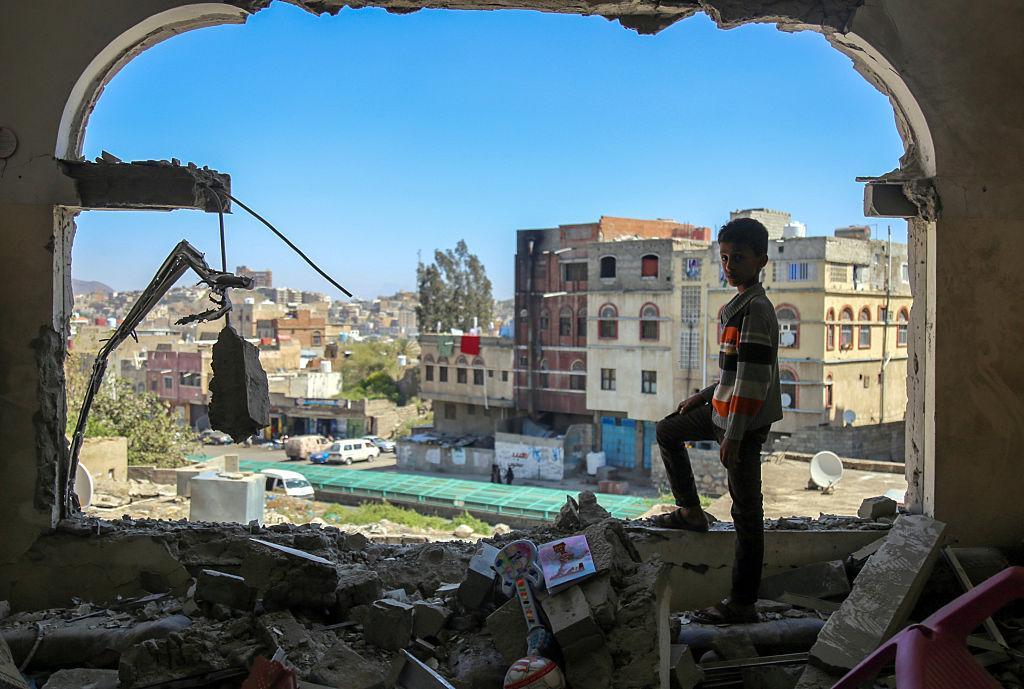More than 10,000 dead. Approximately 19 million people in desperate need of humanitarian aid, including 7.3 million on the brink of famine. The figures in Yemen’s two-year-old civil war are staggering – but they don’t convey the daily suffering of civilians.
“The numbers do not show the human aspect. Unlike Syria, where news about the devastation and death makes it to the media very quickly, Yemenis suffer in silence,” said Sherine El Taraboulsi-McCarthy, a research fellow at the Overseas Development Institute. With the country’s airports as well as land and sea borders controlled by neighboring Saudi Arabia, no Yemeni refugees are fleeing to Europe in their thousands. Without any perceptible impact on the West or over spill of violence, the conflict has remained largely invisible.
The UN estimates $2.1bn £1.6bn is needed to pull Yemen back from the brink of collapse, but before humanitarians and diplomats gathered in Geneva, Switzerland, for an aid summit on Tuesday, just 14 per cent of that had been pledged by donor governments to date. As the fate of 27 million people was discussed by foreigners sitting around the chamber at the UN’s European headquarters, Yemenis trapped by the war struggle on with normal life as well as they can.
The modern state, created in 1990, has always been poor and plagued by war, but its people have proved their resilience. Much of the devastation has been caused by arms sold to the kingdom by Western states such as the UK and US – a move that officials within Barack Obama’s administration worried could amount to complicity war crimes. The Saudi economic strangulation, blockades on Yemen’s air and seaports preventing the import of food and medicine and the targeting of vital infrastructure such as roads and bridges – and in some cases civilian buildings such as hospitals and funeral gatherings – have contributed to the dire situation Yemenis are now facing. While welcome in the short term, aid such as the €116m £99m pledged in Geneva on Tuesday by the European Commission will not empower Yemen’s people to take control of their own futures.
Several Yemenis and other observers of the conflict expressed disappointment that voices from the country were not at the forefront of Tuesday’s conference – and that a political solution to the conflict wasn’t the driving factor behind talks.
“We need the UN to commit to a time lined peace process in Yemen now. Aid is useless as long as the war remains. To help us is to end the war, not send shipments of guns, and hold a “sorry” conference every other year,” said Farea al-Muslimi, a non-resident fellow at the Middle East Institute in Washington DC. “Saudi Arabia is going to make certain that Yemen does not completely break down. But as it stands, the country will remain in a situation of constant need,” Ms El Taraboulsi-McCarthy said. “Their interest in Yemen is solely asserting leadership and power in the Arab world. Those points have not made it into the pledging conference and our discourse about Yemen at all. “Yemenis don’t want aid: they want peace and the opportunity to rebuild their country for themselves.”
An article by The Independent
خليك معنا

